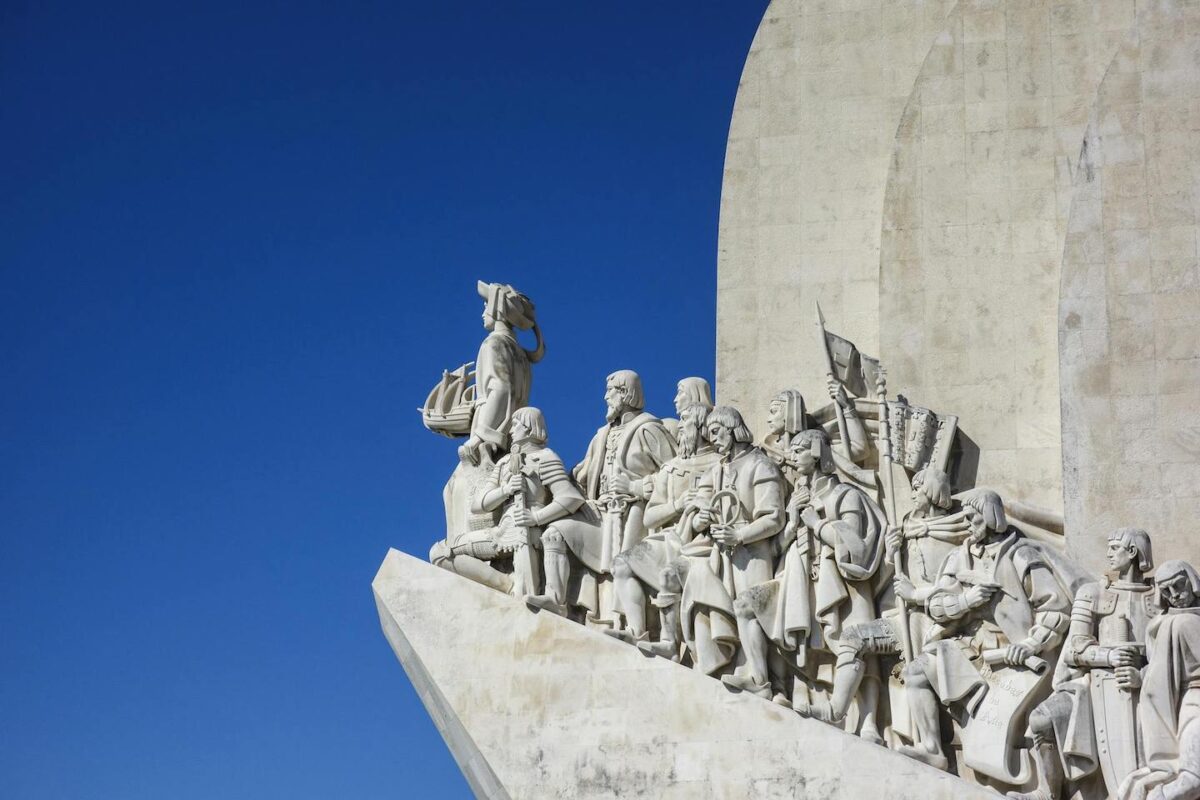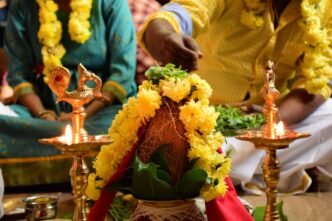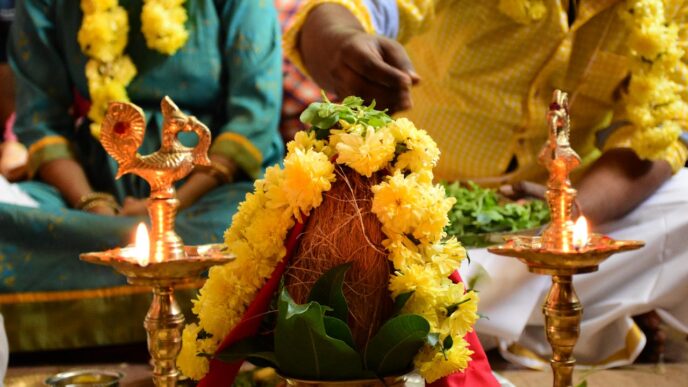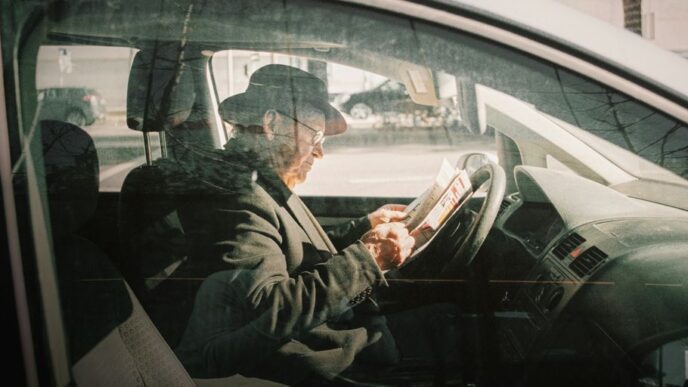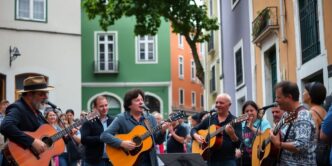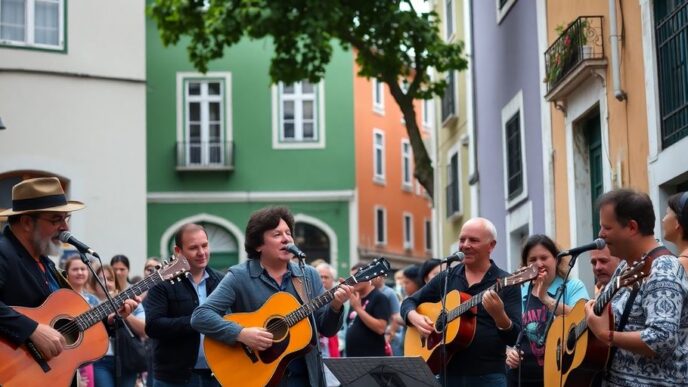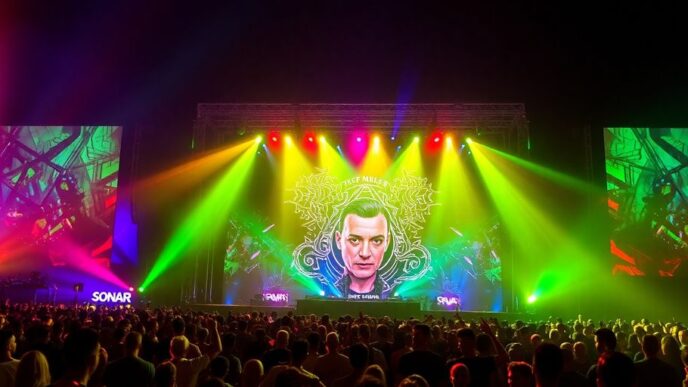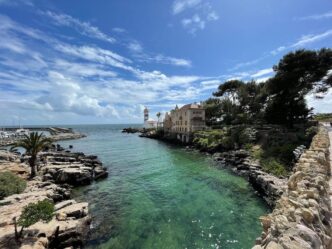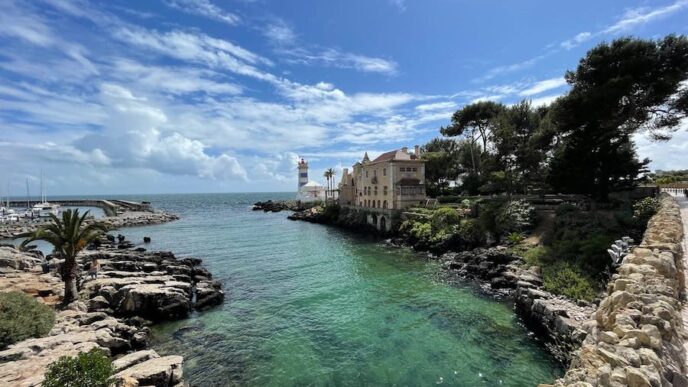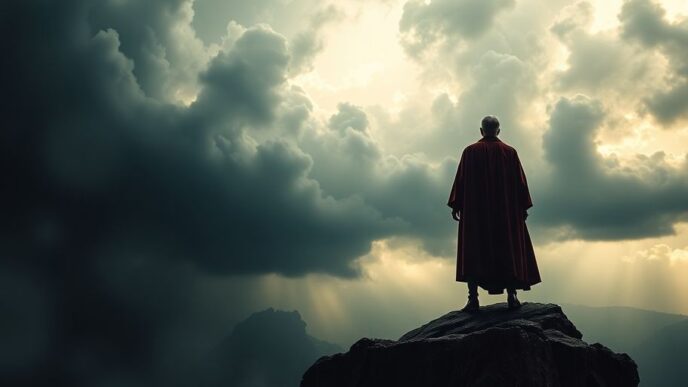Prince Henry the Navigator: Patron of Exploration
Early Life and Royal Influence
Prince Henry, known as the Navigator, was born in 1394. He was the son of King John I of Portugal. From a young age, he showed a strong interest in exploration and trade. His early life was marked by:
- Support for maritime efforts: He encouraged his father to conquer the North African city of Ceuta in 1415.
- Desire for knowledge: Henry was fascinated by Africa and the legends surrounding it, especially the story of Prester John.
- Royal backing: His family’s influence helped him gain resources for his explorations.
Establishment of the School of Navigation
In the early 15th century, Henry established a School of Navigation in Sagres, Portugal. This school became a center for:
- Training sailors: It taught navigational skills and shipbuilding techniques.
- Advancing maritime technology: Innovations like the caravel ship were developed here.
- Gathering knowledge: Scholars and explorers shared information about new lands and trade routes.
Contributions to Maritime Discoveries
Henry’s contributions to exploration were significant. He:
- Sponsored voyages: He funded many expeditions along the African coast, leading to the discovery of new territories.
- Promoted trade: His efforts opened up new trade routes, especially in Africa.
- Inspired future explorers: His work laid the groundwork for later explorers like Vasco da Gama and Ferdinand Magellan.
Prince Henry the Navigator is often seen as the driving force behind Portugal’s early exploration efforts.
Pedro Álvares Cabral: Discoverer of Brazil

Early Life and Career
Pedro Álvares Cabral was born around 1467 or 1468 into a noble family in Portugal. He received a good education and became a skilled navigator. His early life set the stage for his future adventures at sea.
Voyage to Brazil
In 1500, Cabral was appointed to lead the 2nd Portuguese India Armada. His mission was to establish trade routes to India. However, during his journey, he sailed far into the Atlantic and unexpectedly discovered Brazil. This was a significant moment in history, as he claimed the land for Portugal. Here are some key points about his voyage:
- Claimed Brazil for Portugal after landing on its coast.
- Explored the area, realizing it was a large continent.
- Sent a ship back to inform King Manuel I of his discovery.
Significance of the Discovery
Cabral’s discovery of Brazil was crucial for Portugal. It opened up new opportunities for trade and colonization. Although he faced challenges on his journey to India, his findings in Brazil laid the groundwork for future Portuguese expansion in South America.
Cabral’s journey not only marked the discovery of Brazil but also connected four continents, showcasing the vastness of exploration during this era.
Diogo Cão: Explorer of the African Coast

Early Life and Maritime Career
Diogo Cão was born around 1452 in Portugal. He became a skilled navigator and played a significant role in the Age of Discovery. His early experiences at sea prepared him for his future explorations along the African coast.
Explorations Along the Congo River
In 1482, Diogo Cão made a remarkable discovery when he reached the mouth of the Congo River. This was a significant moment in European exploration. He:
- Established contact with local leaders, including the King of the Congo.
- Erected stone markers, known as padrões, to claim the land for Portugal.
- Mapped parts of the coast, which helped future explorers.
His journey along the river was crucial as it opened up new trade routes and opportunities for Portugal.
Legacy in African Exploration
Diogo Cão’s explorations had a lasting impact on European knowledge of Africa. He:
- Helped to expand Portuguese influence in the region.
- Set the stage for further explorations by others, including Bartolomeu Dias.
- Contributed to the understanding of the Congo River and its importance in trade.
Diogo Cão’s voyages were not just about discovery; they were about establishing connections that would shape the future of trade and exploration in Africa.
Tristão da Cunha: Diplomat and Explorer
Early Life and Naval Career
Tristão da Cunha was born around 1460 in Portugal. He grew up during a time when exploration was becoming very important. Here are some key points about his early life:
- Noble Background: He came from a noble family, which helped him in his career.
- Naval Training: He received training in navigation and sailing, preparing him for future adventures.
- Early Expeditions: He participated in several early voyages, gaining valuable experience.
Embassy to Pope Leo X
In 1514, Tristão da Cunha was chosen to represent King Manuel I of Portugal. This was a significant moment in his career:
- Luxurious Embassy: He led a grand embassy to Rome, showcasing Portugal’s new conquests.
- Meeting with the Pope: He presented gifts and discussed Portugal’s achievements with Pope Leo X.
- Strengthening Ties: This visit helped strengthen the relationship between Portugal and the Vatican.
Explorations and Discoveries
Tristão da Cunha is also known for his explorations:
- Discovering Islands: He is credited with discovering several islands in the South Atlantic.
- Navigational Skills: His skills in navigation were crucial for mapping new territories.
- Legacy: His contributions helped shape the future of Portuguese exploration.
Tristão da Cunha’s work during the age of discovery in Portugal not only expanded the known world but also established Portugal as a key player in global exploration and trade.
Frequently Asked Questions
Who was Ferdinand Magellan?
Ferdinand Magellan was a Portuguese explorer who led the first expedition to sail around the world. He started his journey in 1519 and discovered new routes, though he didn’t survive the trip.
What did Vasco da Gama achieve?
Vasco da Gama was the first European to sail directly from Europe to India. His voyages helped open up trade routes for spices and other goods.
Why is Bartolomeu Dias important?
Bartolomeu Dias was the first European to sail around the Cape of Good Hope in Africa. This opened the sea route to India and beyond.
Who was Prince Henry the Navigator?
Prince Henry the Navigator was a Portuguese prince who supported early maritime exploration. He helped start the Age of Discovery by encouraging voyages along the African coast.
What did Pedro Álvares Cabral discover?
Pedro Álvares Cabral is known for discovering Brazil in 1500 during a voyage to India. His discovery played a key role in expanding the Portuguese Empire.
What was Diogo Cão known for?
Diogo Cão was a Portuguese explorer who explored the west coast of Africa. He is recognized for marking Portuguese territories along the Congo River.

